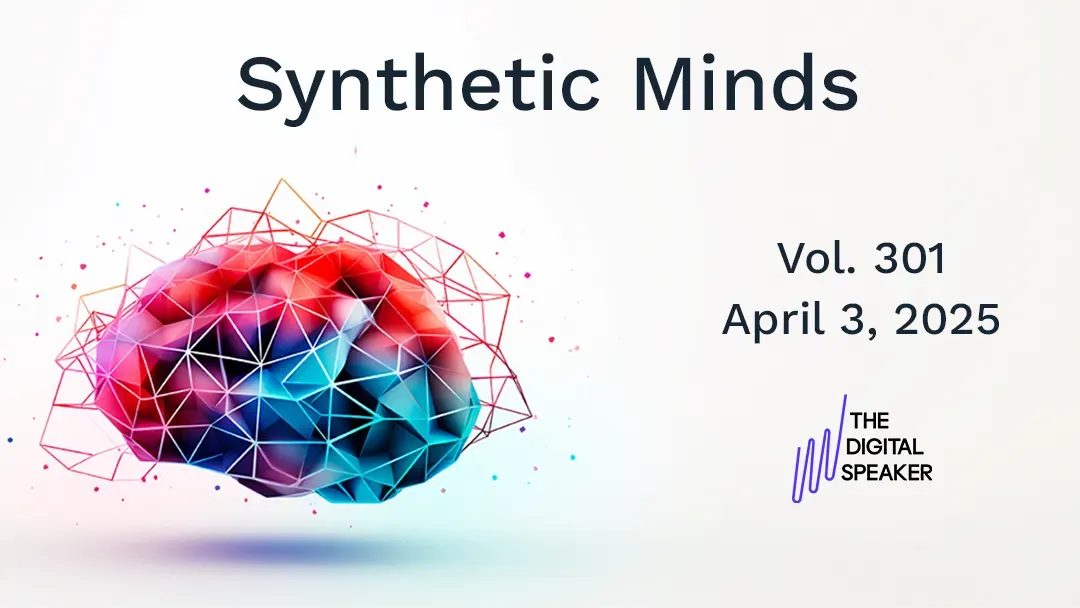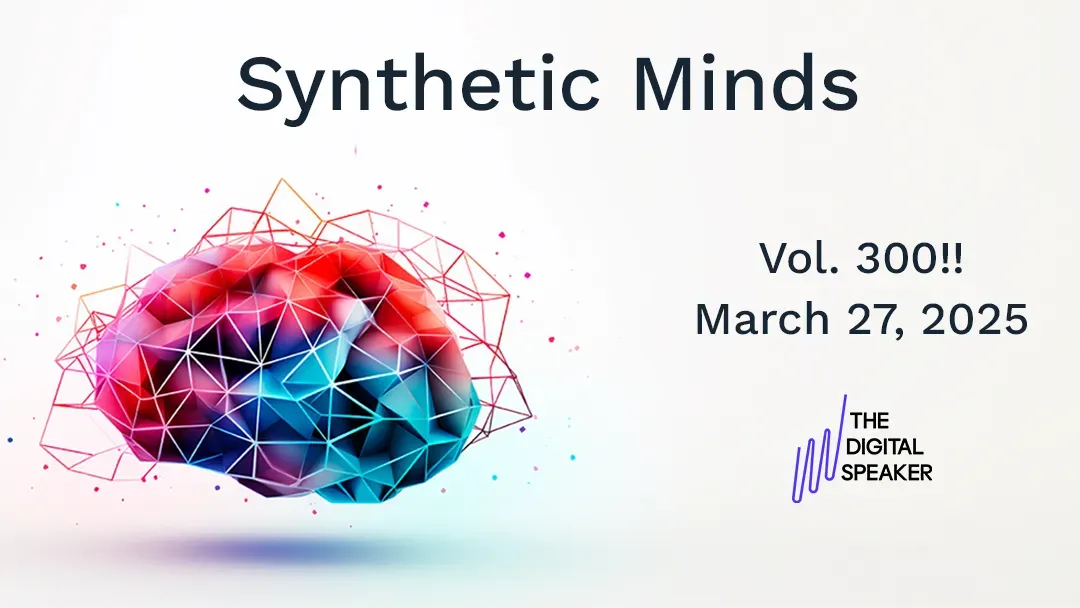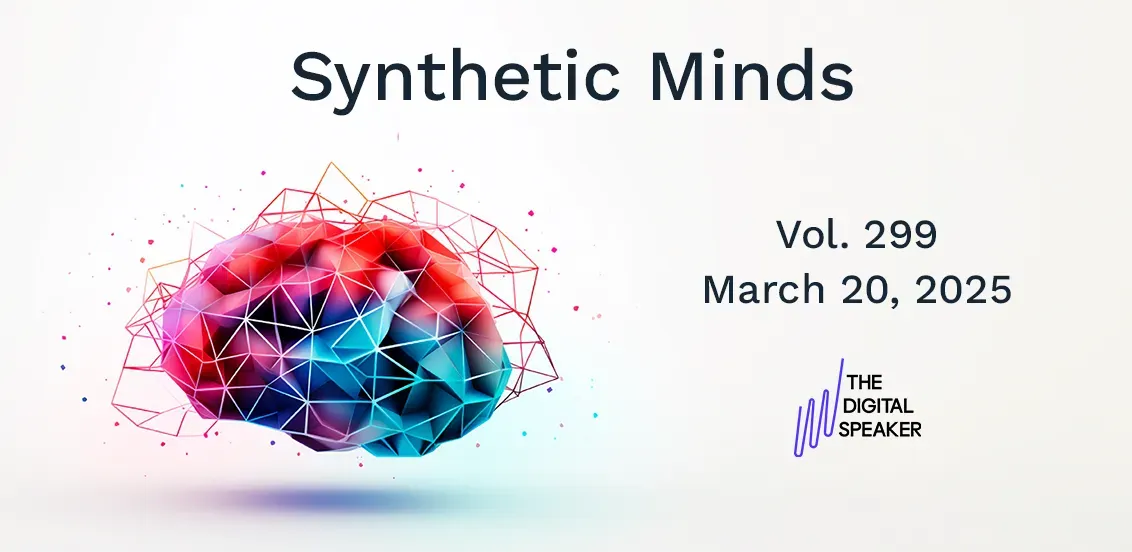Synthetic Minds | Using AI to Growth Hack Your Business
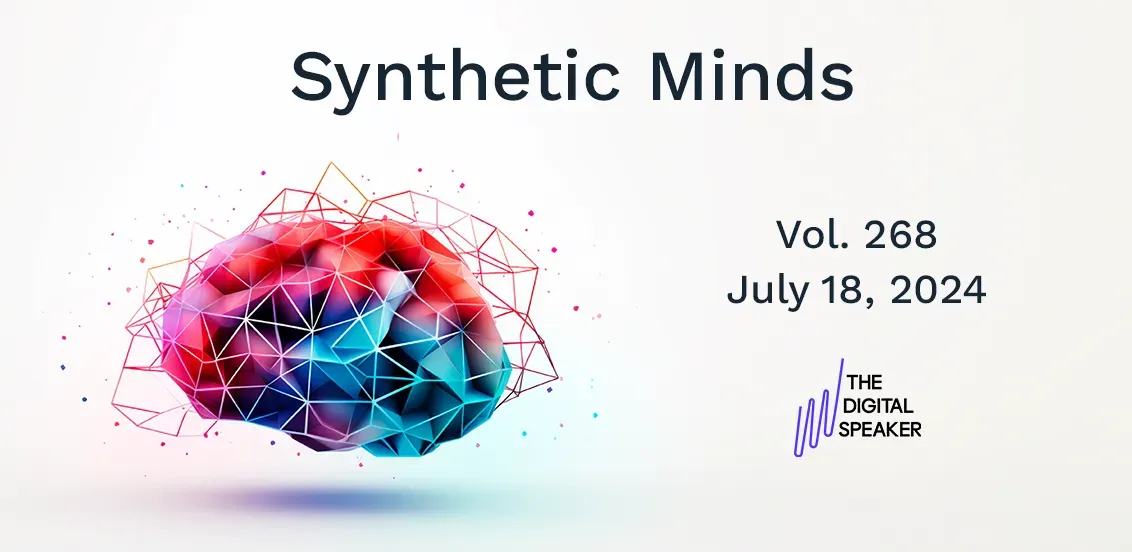
'Synthetic Minds' serves as a mirror to the multifaceted, synthetic elements that are beginning to weave into the fabric of our society. This week's newsletter focuses on how SMEs can leverage artificial intelligence, a topic I recently covered during a virtual keynote for Dell Technologies.
Embrace AI or Fall Behind: The Future of Business

My latest keynote
Yesterday, I delivered a keynote for Dell Technologies together with Dell's Global CTO PK Gupta on how to leverage AI to growth hack your business. In my keynote “𝗘𝗺𝗯𝗿𝗮𝗰𝗶𝗻𝗴 𝘁𝗵𝗲 𝗙𝘂𝘁𝘂𝗿𝗲: 𝗚𝗿𝗼𝘄𝘁𝗵 𝗛𝗮𝗰𝗸𝗶𝗻𝗴 𝗮𝗻𝗱 𝗧𝗲𝗰𝗵𝗻𝗼𝗹𝗼𝗴𝘆 𝗳𝗼𝗿 𝗦𝗠𝗕𝘀,” I explored how AI and data are revolutionising every industry.
In today’s digital renaissance, businesses must evolve from product providers to data-centric organisations to stay competitive. AI is the key, offering transformative benefits like reduced costs and improved customer satisfaction.
Establishing a robust tech ecosystem and integrating AI with other technologies like IoT and blockchain is crucial. Small and medium enterprises can also leverage AI tools for marketing and customer outreach, even with limited budgets.
By 2030, AI could add $15 trillion to the global GDP. Embrace AI now to thrive in this rapidly changing digital landscape.
Synthetic Snippets: Quick Bytes for Your Synthetic Mind
Quick, curated insights to feed your quest for a better understanding of our evolving synthetic future. The below is just a small selection of my daily updates that I share via The Digital Speaker app. Download and subscribe today to receive real-time updates. Use the coupon code SynMinds24 to receive your first month for free.
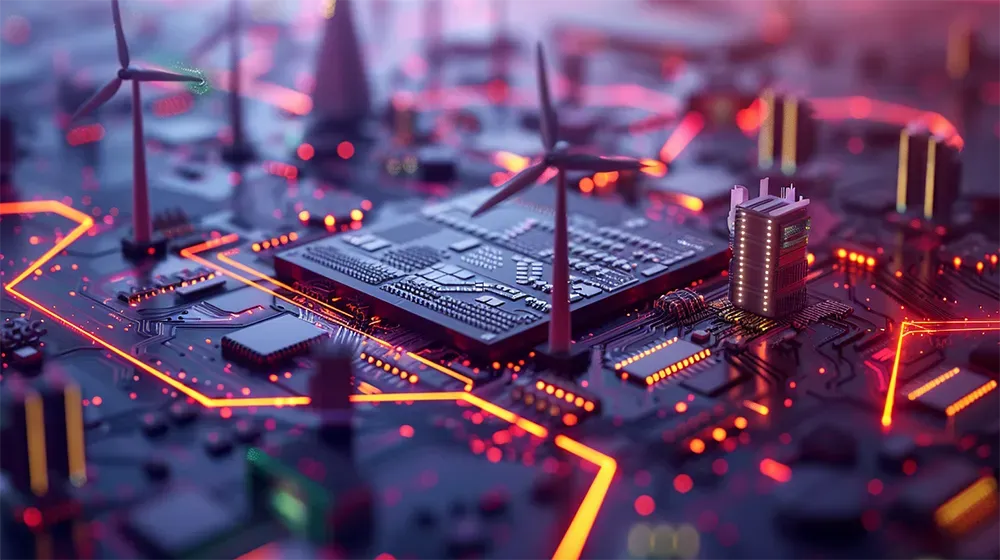
1. DO WE HAVE ENOUGH ENERGY TO POWER AI?
Artificial Intelligence is something that’s all around us in our daily lives. Recently, I was interviewed by the BBC on the impact of AI and its implications on the energy crisis.
Every task that AI does uses power, whether it is to search for a recipe online, make a funny photo, or ask it to help with our homework. That power is electricity.
Around the world, there are thousands of data centres hosting computers that process all our requests. As those tasks get more sophisticated and AI becomes super intelligent, they will need even more electricity.
But as Super AI develops, could it become so intelligent that it is able to solve the very problems it creates? (BBC)

2. PROJECT STRAWBERRY: OPENAI'S SECRET TO SUPERHUMAN REASONING
OpenAI’s secretive project "Strawberry" aims to revolutionise AI by enabling advanced reasoning capabilities far beyond current models. Unlike traditional AI, Strawberry uses post-training techniques to refine pre-trained models, allowing them to autonomously navigate the internet and perform complex research tasks. This approach, similar to Stanford's "Self-Taught Reasoner" (STaR), could lead to AI achieving and surpassing human-level reasoning. However, the project’s secrecy and ambitious goals raise ethical and practical questions about the future of AI. (Reuters)

3. AI AND JOBS: REVOLUTION OR EVOLUTION?
PwC’s 2024 AI Jobs Barometer reveals that AI is revolutionising knowledge-based sectors, driving productivity, and reshaping job markets. AI-exposed sectors show nearly five times higher growth in labour productivity, requiring workers to adapt quickly. Specialist AI roles are growing 3.5 times faster than the overall job market, offering a wage premium of up to 25%. Traditional skills are being supplemented or replaced by AI-related competencies. Continuous learning and adaptability are essential for workers to stay competitive. (PWC)

4. SPY ON THE ROAD: THE DOUBLE-EDGED SWORD OF SELF-DRIVING CARS
Self-driving cars, equipped with advanced cameras and sensors, are silently mapping U.S. roads, collecting vast amounts of data. Chinese companies have driven these vehicles over 1.8 million miles in California since 2017, raising national security concerns. While this data enhances autonomous driving, its storage by Chinese entities parallels fears about tech espionage. Despite Beijing pushing robotaxis, U.S. oversight is minimal, creating a 'wild west' scenario. Can we balance technological advancement with stringent data protection to ensure national security is not compromised? (Fortune)
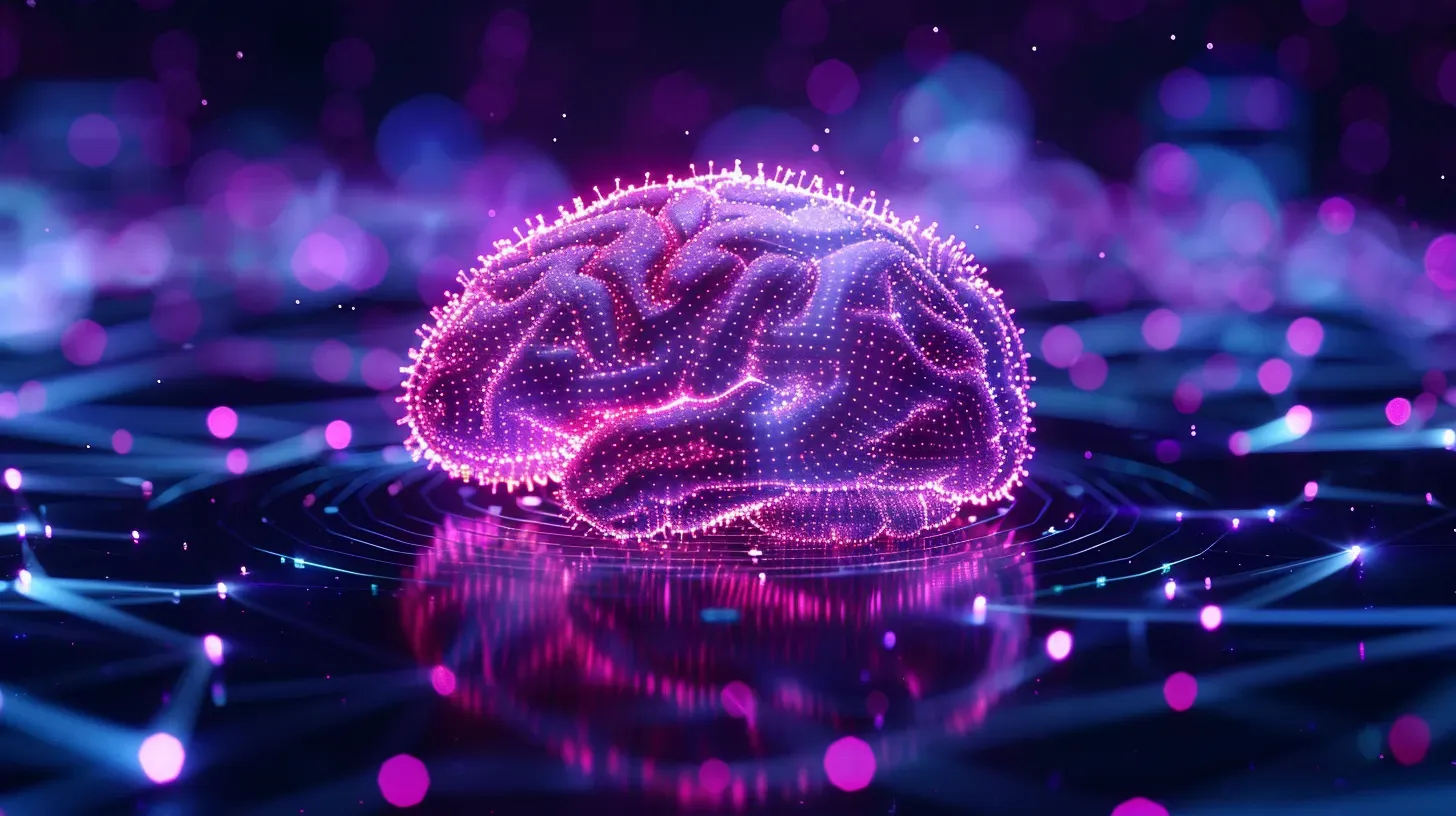
5. FRANKENSTEIN'S BRAIN BOT: THE FUTURE OF NEURO-ROBOTICS
Chinese researchers have fused human brain organoids with robots, pushing brain-computer interface technology to new heights. This project aims to teach robots tasks like obstacle avoidance and object gripping, with future hopes of using organoids for brain repair. However, the ethical implications of merging human cells with machines raise questions about consciousness and rights. Can we advance this tech responsibly, ensuring it serves humanity without crossing ethical boundaries? (SCMP)
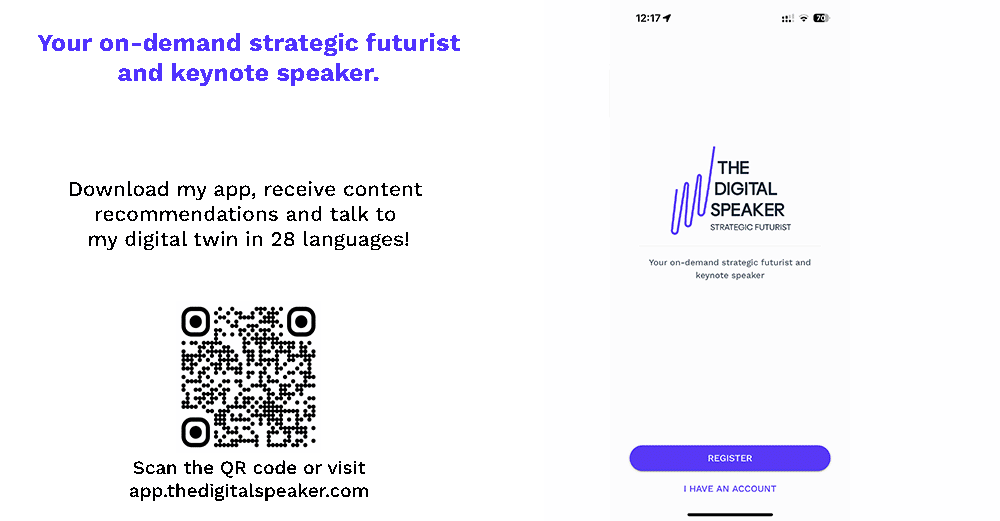
Download the full 2024 Top Ten Technology Trends Report
Know someone who needs the Synthetic Minds newsletter?
Forward it to someone who might like it too.

